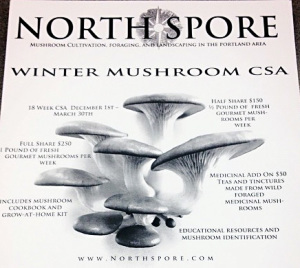Today’s Press Herald includes an article about the Maine Seaweed Festival and the rising interest of seaweed as a cooking ingredient.
But the story is a good metaphor for what’s going on in the world of seaweed right now. Consumers are discovering a local food source that has been around for millennia, but has rarely been used in American cooking and is little known except when ordered in a dish at a Japanese restaurant. Now Americans and western Europeans are beginning to embrace it, and at the same time realizing here in Maine that we’ve got our own handy local supply right on the coast.
Visit seaweedfest.com for more information on the Maine Seaweed Festival.
